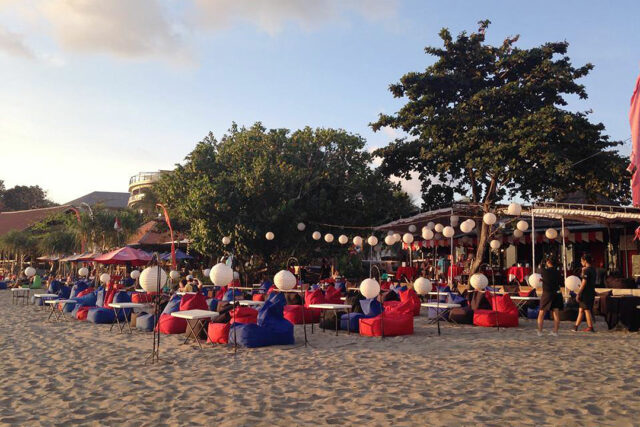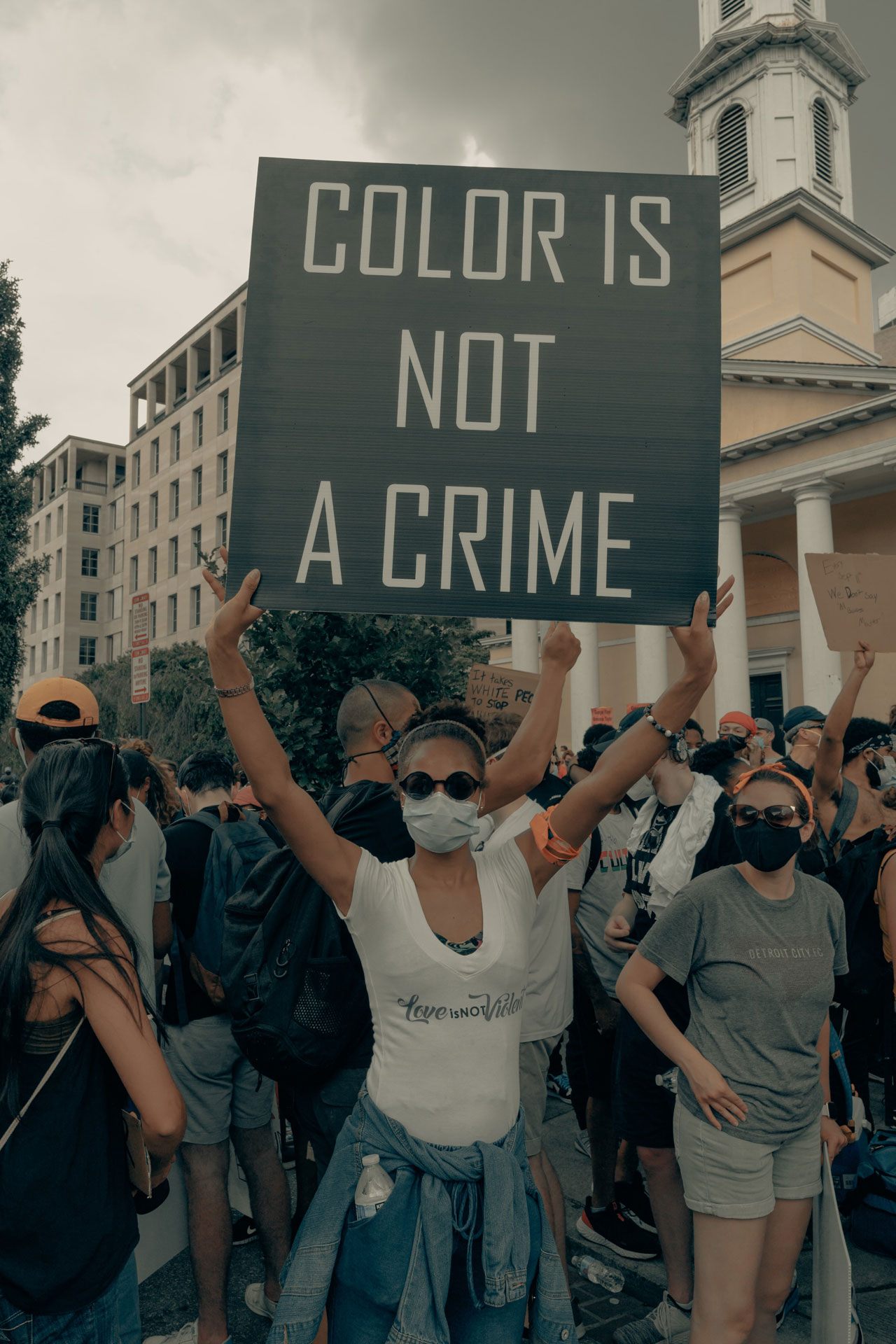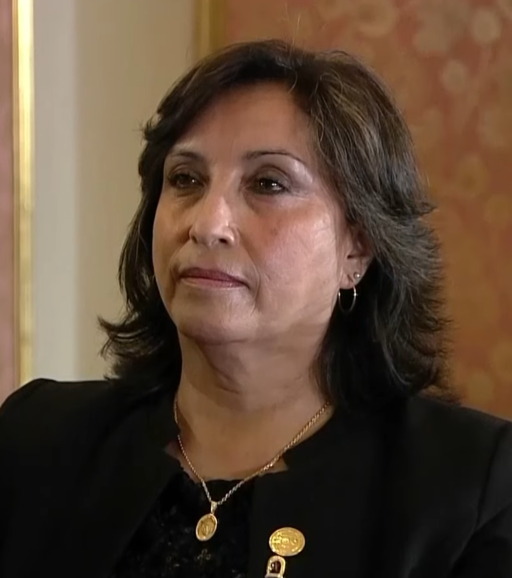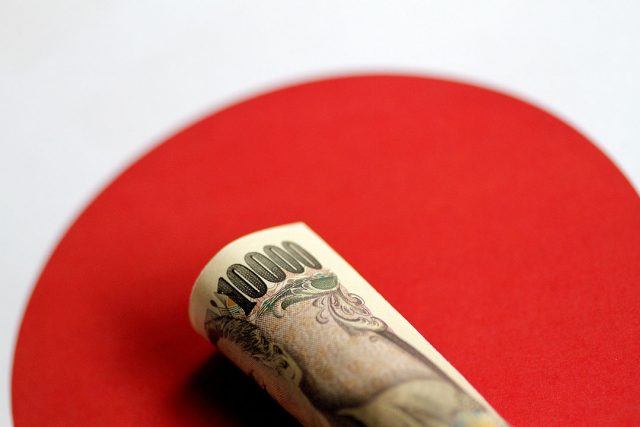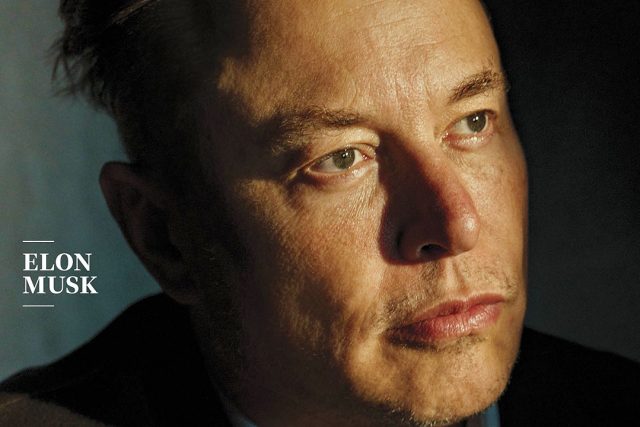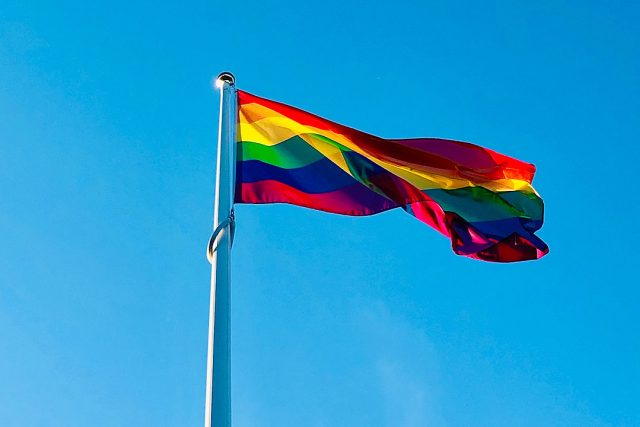Tomorrow is Human Rights Day, and also the 75th anniversary of the Universal Declaration of Human Rights (UDHR). The United Nations General Assembly adopted the UDHR on Dec. 10, 1948. It declares the rights to which every human being is entitled regardless of race, sex, religion, language, and political or other views. Those rights and freedoms, says the Declaration, are inherent in every person and cannot be denied anyone.
Forty-eight out of the then 58 member-states of the newly established UN voted in favor of the document, the Philippines among them. But the Philippines is nevertheless among those countries distinguished — to use that term ironically — by the most egregious violations of the UHDR and other international human rights protocols and agreements to which, since 1948, it has been a signatory.
Among those violations are the extrajudicial killing of suspected drug addicts and pushers and of government critics, human rights defenders, journalists, and social and political activists by security forces and other State actors; and the harassment and threats as well as the “red-tagging” of dissenting individuals and groups including independent journalists and media organizations.
Human rights defenders correctly noted a crisis in human rights during the 2016-2022 administration of President Rodrigo Duterte. The former President began his term by alleging that journalists are being killed because of their supposed corruption, despite research findings that only 10% of those killed had ever been so accused, while the remaining 90% were in fact combating corruption and criminality in the rural communities. He followed that up with verbal attacks on critical media organizations, the shutdown of the ABS-CBN broadcasting network, the withdrawal of the registration of online news site Rappler, and a ban on its reporters’ coverage of events in which he was present.
The regime also initiated the “red-tagging” of various groups and individuals, with some of those so labeled — lawyers, human rights defenders, activists, government critics, journalists— being physically attacked or killed as a consequence.
A new administration has since assumed power. President Ferdinand Marcos, Jr. declared in his speech at the 17th United Nations General Assembly on Sept. 20 this year that he agrees with the UN on the need for all countries to respect human rights, and praised its Joint Program on Human Rights as “an example of a constructive approach” to ending racism and prejudice. He had earlier told the Philippine National Police (PNP) to avoid the use of excessive force during its anti-drug operations. The Department of the Interior and Local Governments (DILG) and the PNP have also declared a re-orientation of the “war against drugs” from its being purely punitive to it focusing on the rehabilitation of drug users and the reform of drug pushers.
These developments encouraged hopes that the Philippines would henceforth be true to both its own laws and its international commitments, which include not only its being a signatory of the UHDR, but also of various conventions, treaties, and protocols for the defense and advancement of civil, social, political, cultural, and economic rights, as well as those against gender, ethnic and racial discrimination, slavery, unlawful imprisonment, cruel and unusual punishment, torture, and human trafficking, among many others.
Unfortunately, however, the claim that the “new” “war on drugs” can no longer be described as the bloody and brutal campaign that it was during the Duterte regime is hardly consistent with what is really going on in that front. The study of the “drug war” by the University of the Philippines’ Third World Studies Center (UPTWSC) found that, from June 30, when Ferdinand Marcos, Jr. assumed the Presidency, to Nov. 30, 139 individuals — rather than the 46 claimed by the PNP — were killed in drug-related incidents.
The conclusion is inevitable: despite Marcos’ and the PNP’s claims, the “war on drugs” has been “reinvented” only in government press releases.
But equally suggestive of the possibility that the Marcos Jr. regime is not as enthusiastically committed to human rights as his own statements suggest is his appointment of a commissioner and a new Chair of the Commission on Human Rights (CHR), both of whom have no background or experience in human rights work.
In tandem with the Bill of Rights and the 1987 Constitution’s provisions limiting the power of the President to declare and prolong martial rule, the Commission on Human Rights was among the means that the drafters of that document thought could prevent the return of authoritarian rule and the human rights violations during the Marcos Sr. dictatorship.
Despite the Bill of Rights and the CHR, however, human rights abuses continued during the Corazon Aquino, Fidel Ramos, and Joseph Estrada regimes. The most violations occurred during Gloria Macapagal-Arroyo’s nine-year occupation of Malacañang, which culminated in the Nov. 23, 2009 Ampatuan Massacre that claimed the lives of 58 men and women including lawyers and 32 journalists and media workers.
Human rights abuses including the killing of journalists declined in number during the Benigno Aquino III Presidency. But they surged to nearly unprecedented heights during the Duterte regime, mostly due to, but not solely because of, its “war on drugs.” From the very beginning of his administration, President Rodrigo Duterte had also demonstrated in both words and deeds his contempt for free expression and other human rights, which he claimed are mere shields for criminal behavior.
In 2017, Mr. Duterte also declared in his State of the Nation Address (SONA) that the CHR should be abolished. Nothing came of that and his allies’ attempts to cripple the Commission, but it might as well have ceased to exist. On a number of occasions, the media reported Mr. Duterte’s practically ordering the police and military to kill his and his regime’s perceived enemies while promising to protect them from any accountability and prosecution.
During Mr. Duterte’s term, neither Amnesty International (AI), Human Rights Watch (HRW), the US State Department Report on Human Rights Practices, nor Philippine human rights groups ever lacked cases of extrajudicial killings, arbitrary arrests, massacres, physical assaults, torture, and other attacks against regime critics, lawyers, activists, journalists, and human rights defenders to report, despite the Constitution and the many international conventions, covenants, and treaties protecting them to which the Philippines is a signatory. AI correctly noted that lack of accountability — the exemption from punishment of wrongdoers, or the impunity fostered by the Duterte regime — was emboldening killers and other human rights violators.
Because no other government agency seems willing or able to do it, only the CHR, as its Constitutional mandate demands, can put a stop to, or at least mitigate, the dismal human rights situation the Marcos regime has inherited from the Duterte dispensation. Equally urgent is its investigating the gross abuses that the six years of the latter regime encouraged — and for it to convince President Ferdinand Marcos, Jr. to be true to his own words by holding to account those responsible.
By doing so the CHR would help dispel fears by human rights and civil society groups that the Marcos II administration is reducing it into just another instrument for the propagation of the myth that human rights abuses are mere concoctions of criminal minds and “enemies of the State” as they were so labeled during the Duterte regime. Those declarations and claims from Marcos Jr., the PNP, and the DILG that suggest that the human rights crisis in this country is coming to an end during their watch would otherwise be exactly just that: gestures without meaning, and words, words, words.
Luis V. Teodoro is on Facebook and Twitter (@luisteodoro).
www.luisteodoro.com


